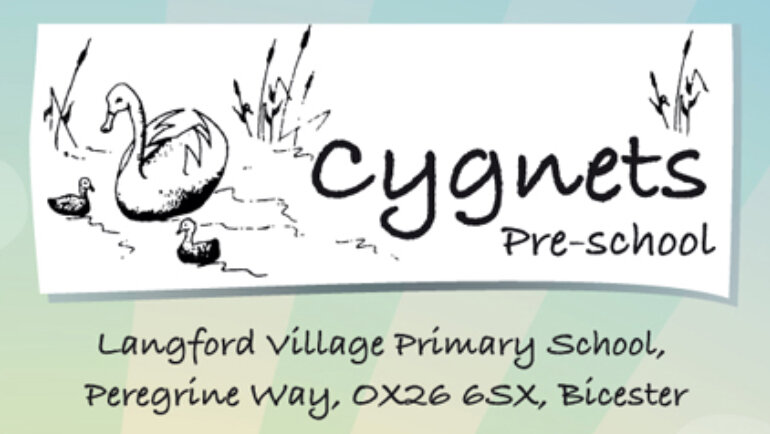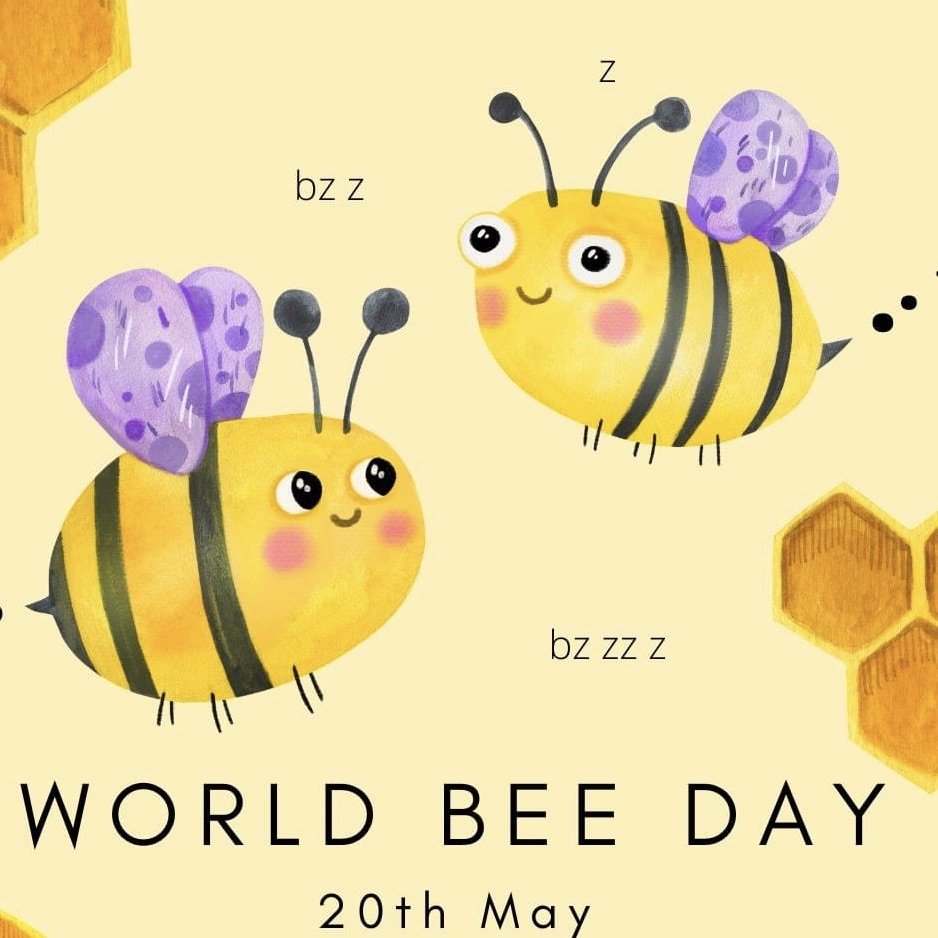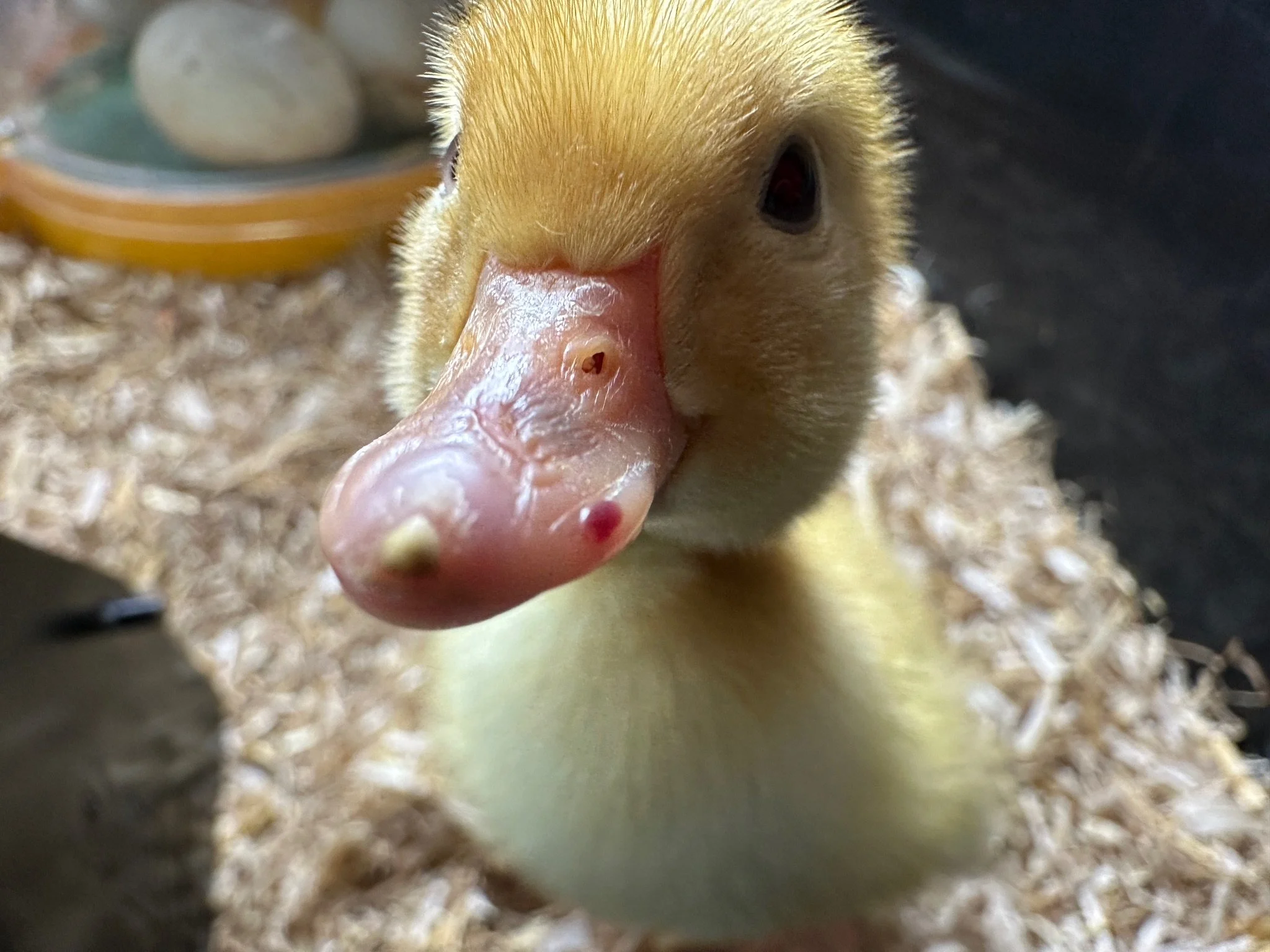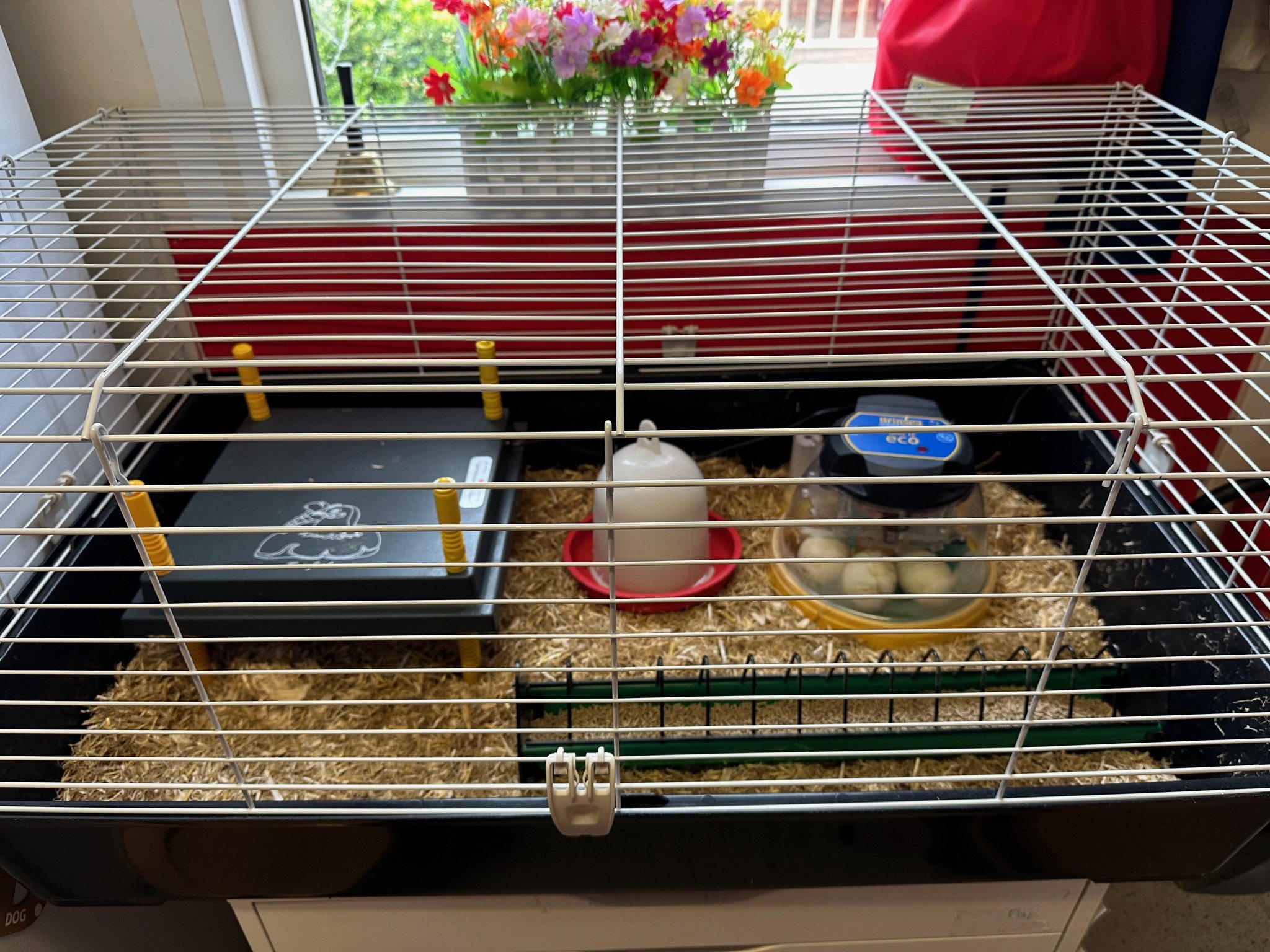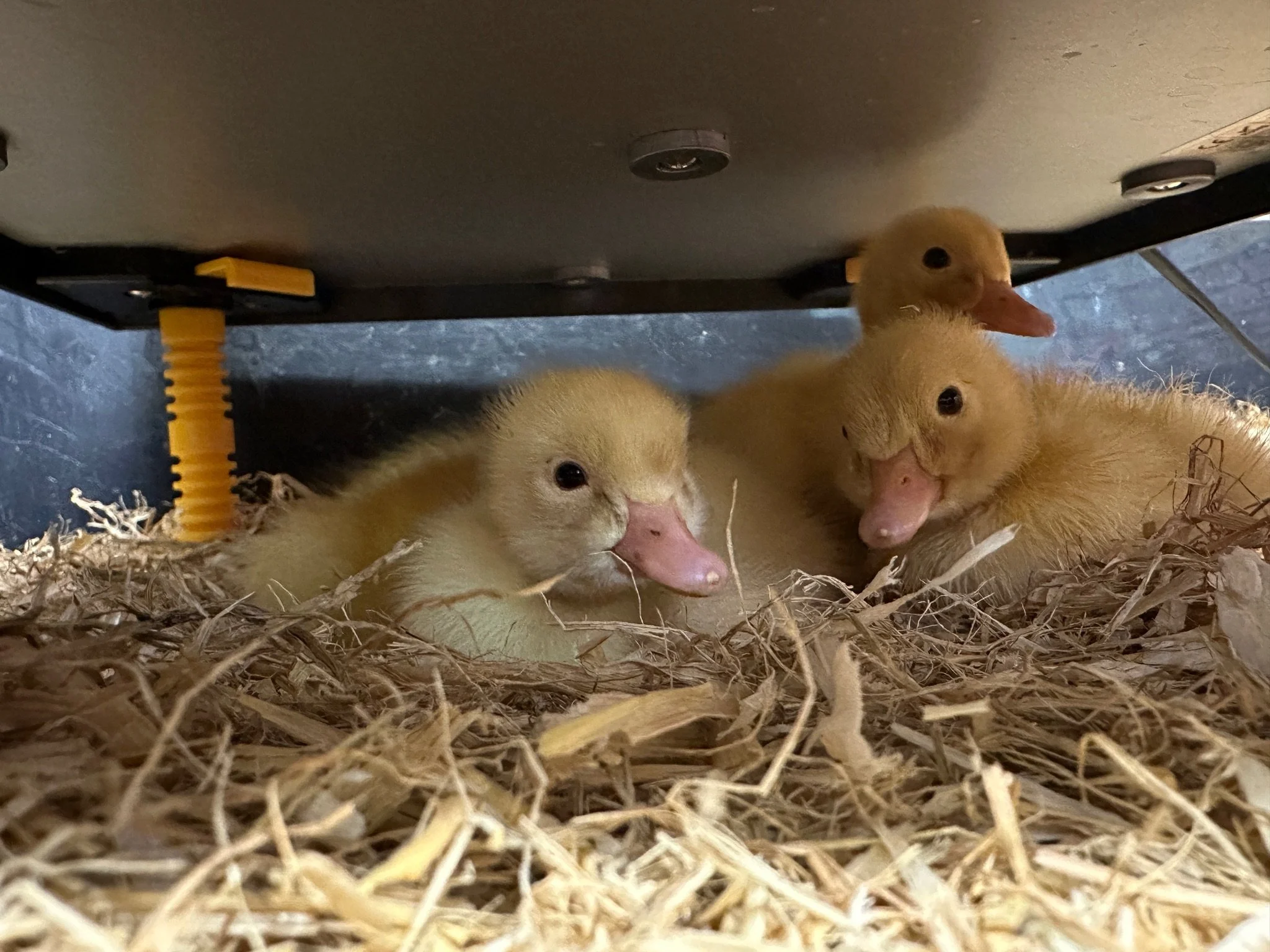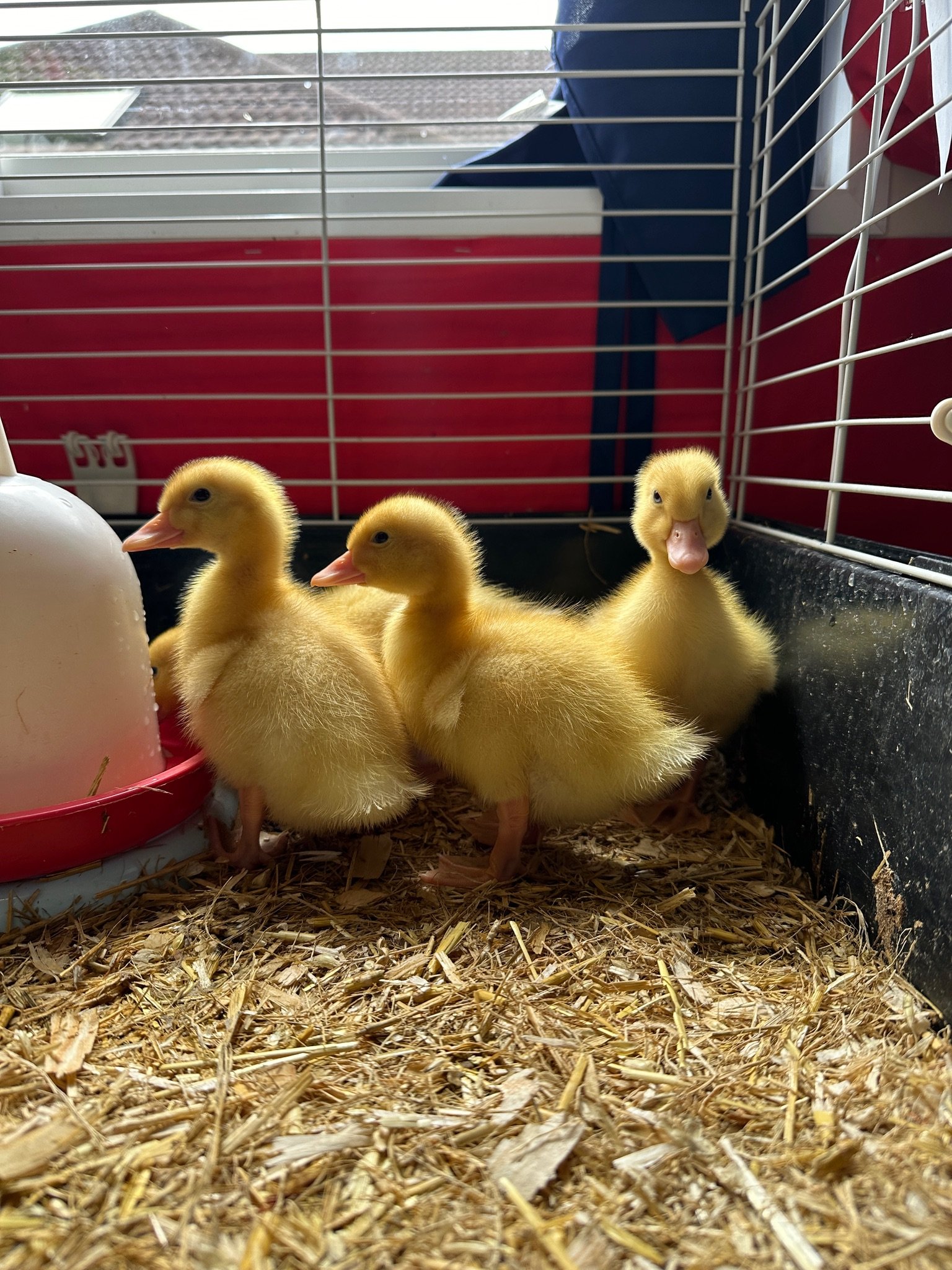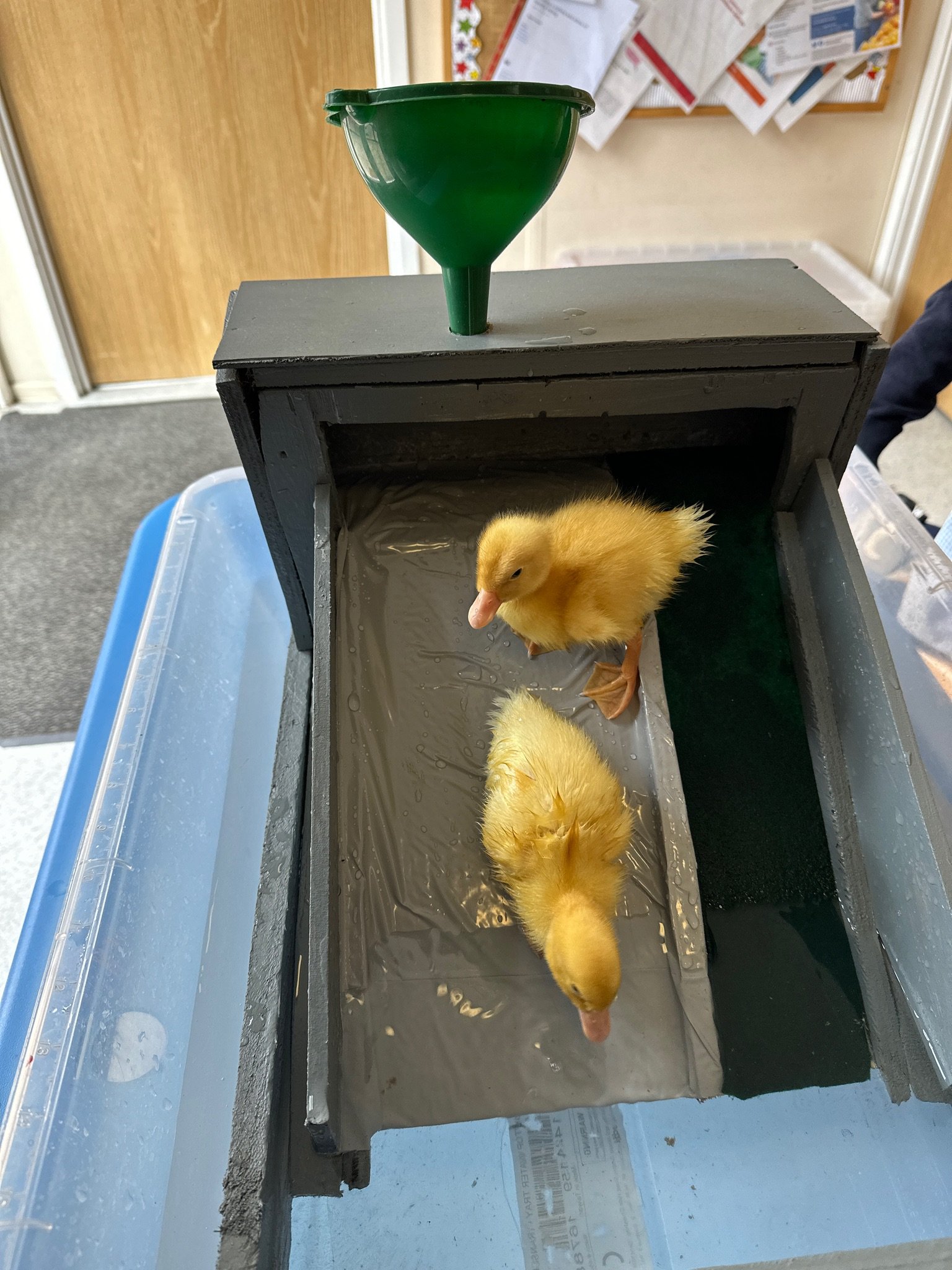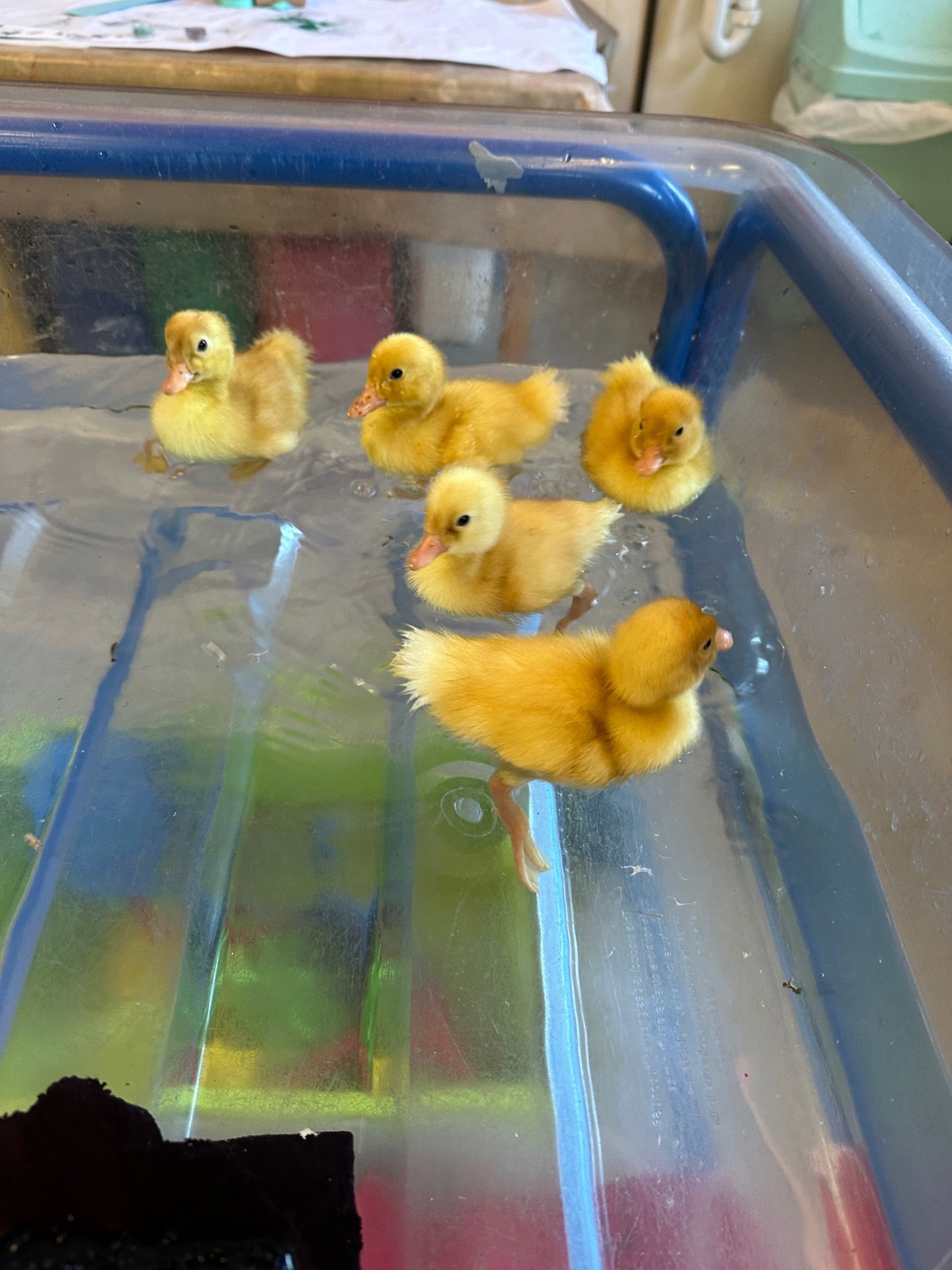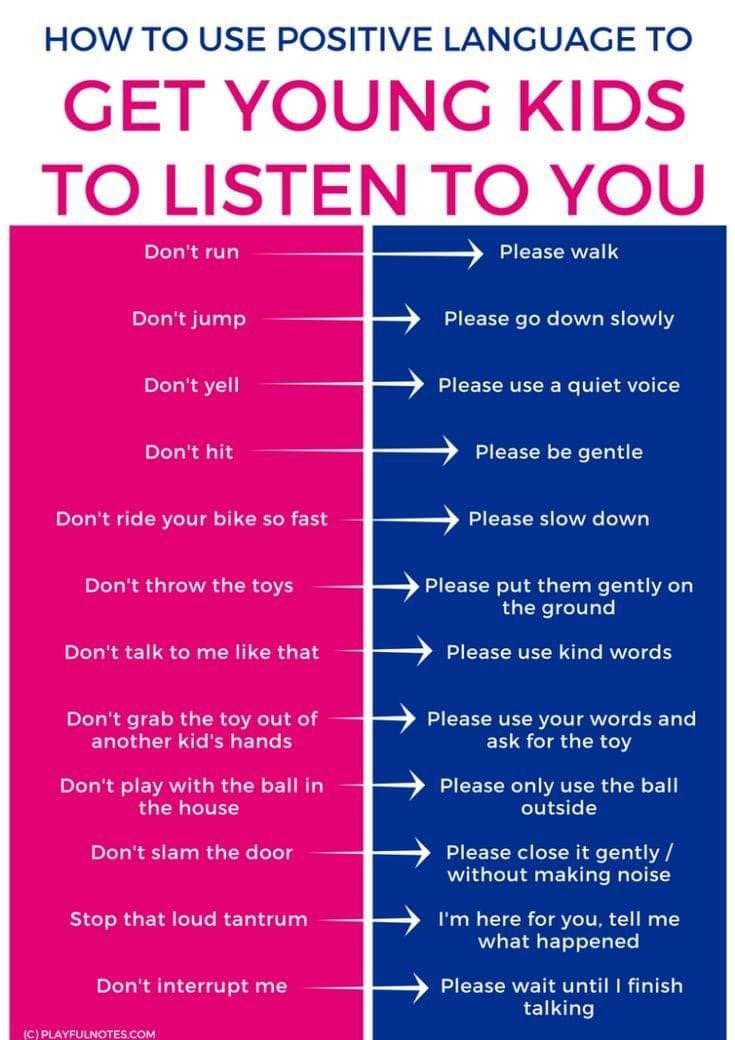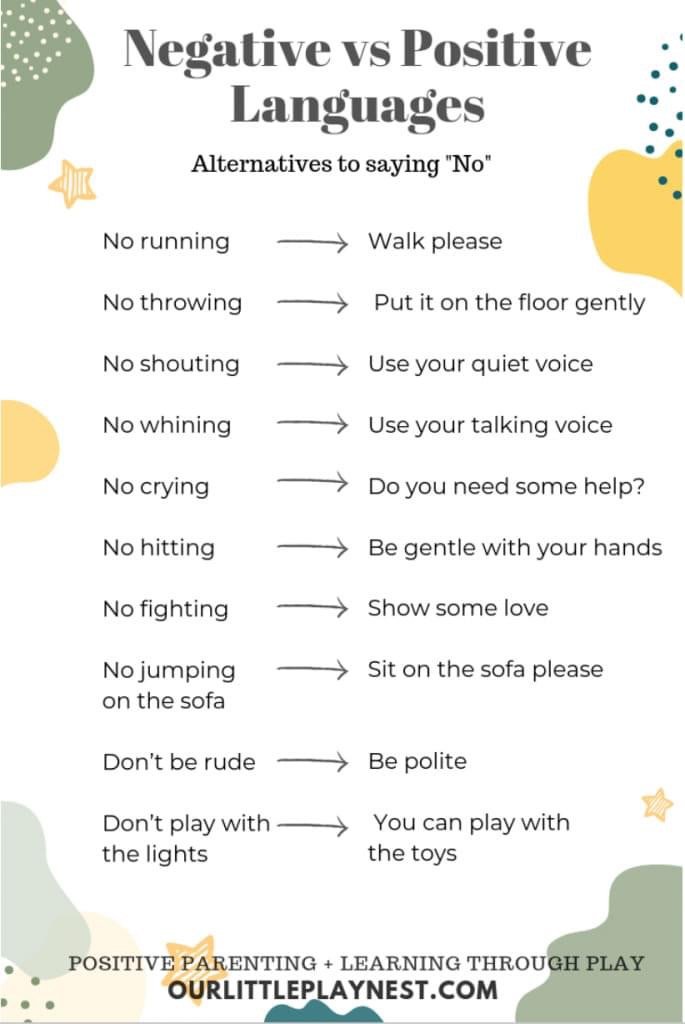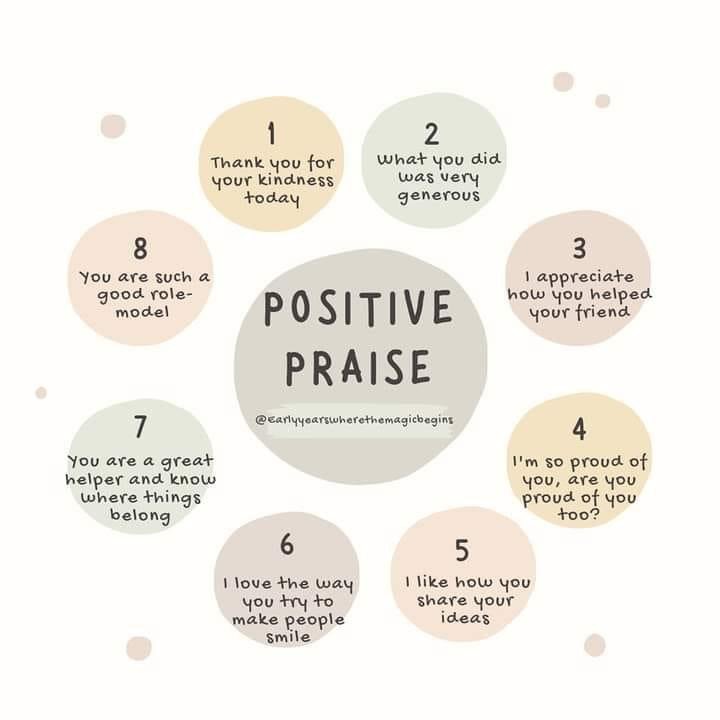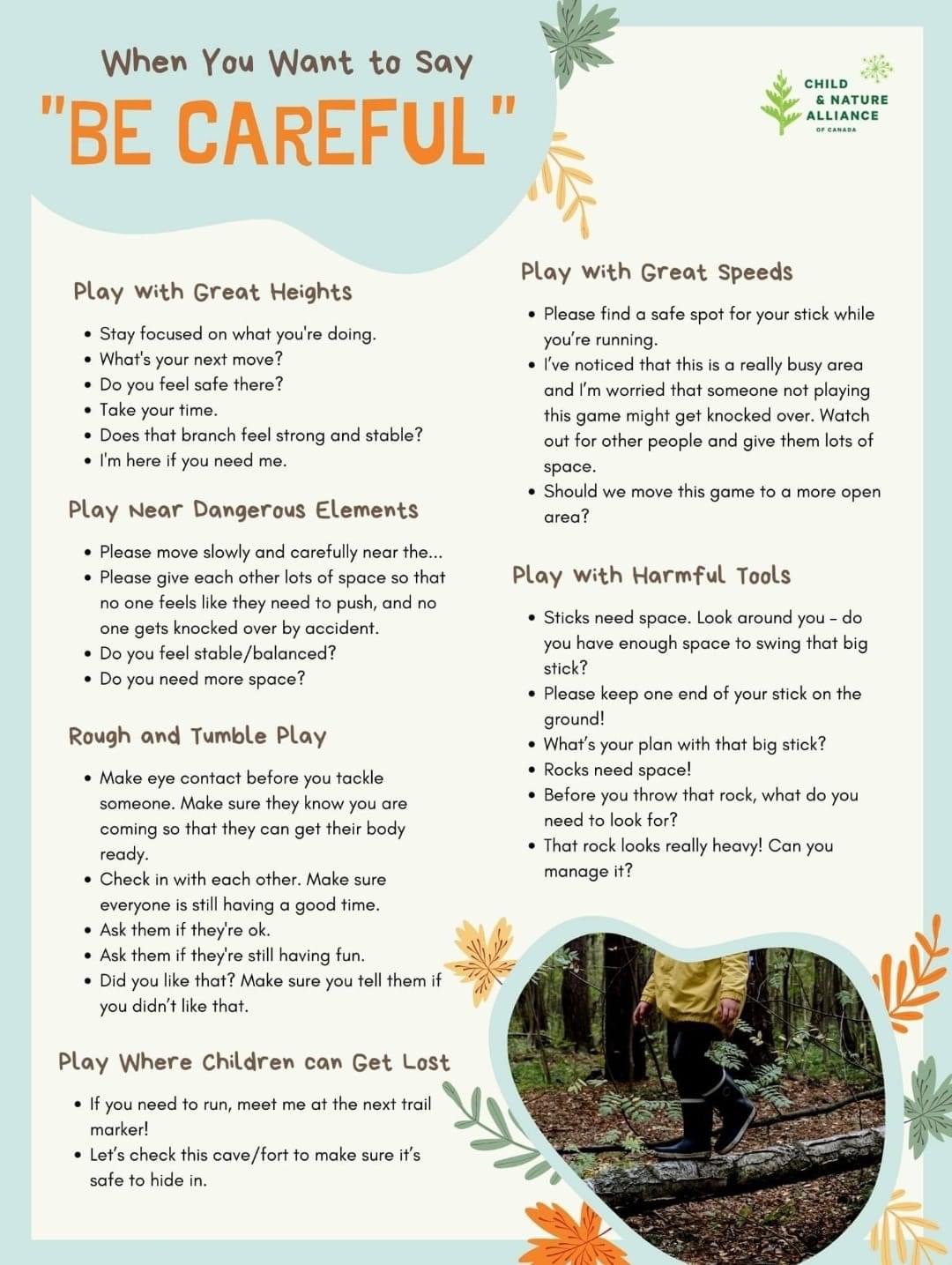How to talk to children about war
With many families concerned by the current news cycle, how we can talk about the situation in a sensitive way...
As adults, we’ve likely spent a lot of time in recent weeks listening to breaking news about the war in Ukraine and worrying about what it means, what will happen next and how we might be affected.
Scenes on social media
The internet and social media have meant that, unlike conflicts that our parents and grandparents may remember, we are often confronted with live stories and clips from the conflict.
Seeing the impact of the war on the people of Ukraine in this kind of detail gives the news an immediacy that some previous conflicts did not have, making the news feel even more real and relevant to us here in the UK.
It is of course a hugely worrying time. But if it’s worry for us, how must children be feeling?
Little ears listening
Many children will be worried about the things they have heard on the news about what has been happening. Even the youngest children can be listening in when we are watching the news on TV, listening to the radio or reading articles online.
Hearing parents, siblings, other children at nursery or someone on the TV talking about war, seeing images of houses being bombed or seeing people hurt can distress and worry children, no matter their age.
Supporting families
As early years providers, children may be asking questions. Their families and friends may be caught up in the conflict so it’s important to be sensitive to how they may be feeling at this time.
Age-appropriate responses
For older children, you may want to go into a little detail and explain what the war is about and why it started – as well as what people are doing to try and bring an end to the conflict and help the people of Ukraine. For younger children, it is important that you limit the amount of information you relay to them.
And, of course, for all children it is important that you reassure them.
But how can we tell them the truth about what is happening without worrying them further?
Helpful guidance
Unicef has provided some excellent guidelines about this that you can share with families and use yourselves.
The guidance explains:
“Children have a right to know what’s going on in the world, but adults also have a responsibility to keep them safe from distress […] Use age-appropriate language, watch their reactions and be sensitive to their level of anxiety.”
The Department for Education has published guidance for teachers and families on how to talk to children about the Russian invasion of Ukraine.
The Children’s Commissioner has advised that we should not hide what is happening in Ukraine but support children in their understanding.
Making a plan
Generally, it is important to plan what you want to say before you engage in the conversation. Consider what level of detail is appropriate for the age and development stage of the child.
Experts generally seem to agree that there are a few key things to think about when planning your approach:
1.Listen and notice – What are children saying? What is it that they have heard people talking about and what images have they seen on the TV or elsewhere?
Exactly what question are they asking you? Do they seem distressed or anxious? What is worrying them most? Are they even mentioning it at all?
2.Don’t say too much – Don’t say more than you need to and keep it simple. Lots of detail is not needed and it could just put more worries into their heads.
Try something that they can relate to, such as: “You know that sometimes people are cross with each other and argue? Well sometimes countries are cross with each other and they fight too.” If they ask why they are fighting, you could say something like: “They don’t agree with each other about who should be in charge of the country.”
3.Reassure – If children are scared, then tell them that it is okay to feel that way. You could reassure them that the fighting countries are very far away and not near us. Tell them that we are very safe here and that people are trying to stop the fighting.
4.Do something practical – Gathering donations for families in Ukraine might help children feel that they are doing something to help. It also helps to build a sense of social responsibility.
You may have a local collection point – check local groups for information on where you can donate.
https://www.unicef.org/parenting/how-talk-your-children-about-conflict-and-war
https://www.unicef.org/parenting/child-care/how-to-recognize-signs-of-distress
https://educationhub.blog.gov.uk/2022/02/help-for-teachers-and-families-to-talk-to-pupils-about-russias-invasion-of-ukraine-and-how-to-help-them-avoid-misinformation/
Safer Internet Day - 11 February 2025
BBC News Report: Pre-school children's screen time at 'crisis point'
Pre-school children's speech and language development is in "steady decline" due to an over-reliance on screen time, an expert has said. More than 25% of three-and four-year-olds own their own smartphone and half of children under 13 are on social media, according to a recent Ofcom report.
One early years centre in North Yorkshire said that some of its pupils even used Americanisms like "diaper" and "garbage" that they had learned from their viewing, but could not communicate basic needs such as needing the toilet.
The Department for Education said it has set a "clear milestone" including advanced early language support to make sure thousands of children are school-ready by age five.
Ms Beck, who has been a teacher for 20 years, said some children were not experiencing the world first-hand but seeing it through "someone else's eyes" when they were watching someone play with toys on YouTube. Meanwhile speech and language therapist Sandy Chapell, from Health Professionals for Safer Screens, said she has seen a decline in children's communication skills over the last 10 years and an increase in referrals.
She said more young children were being referred with delayed speech and language abilities as well as poor social, attention and listening skills. Ms Chapell believes parents don't know how harmful screens are for young children and is calling for a public health campaign to highlight the issue.
While it has been widely reported the pandemic had an impact on children's development, Ms Chapell said pre-school children today were too young to have been affected by lockdowns: "Giving a child a device to calm them down means they don't learn how to regulate their own emotions, which can lead to behaviour problems,"
Health Professionals for Safer Screens suggest children age 0-2 should not be on any screens at all and those age 2-5 for a maximum of 30 minutes per day.
Ofcom Report:
Recent research from Ofcom (2023) highlighted that 87% of 3–4-year-olds go online (an increase from previous years’ data), with 92% of children in this cohort watching videos on streaming sites such as YouTube.
When children go online, they are most likely to be using a tablet (75%), but in this report, parents suggest that 25% of 3–4-year-olds own a mobile phone.
Advice
• using device safety settings - https://www.internetmatters.org/parental-controls/ to ensure apps and content are age-appropriate
• monitoring and supporting children while they use devices
• choosing educational apps and platforms - https://www.gov.uk/government/news/early-years-apps-approved-to-help-families-kick-start-learning-at-home that help them to develop their skills
• Online safety in the early years - https://eysafe.lgfl.net
• SafeResources, LGfL - https://saferesources.lgfl.net
• "Internet Safety", DfE - https://help-for-early-years-providers.education.gov.uk/safeguarding-and-welfare/internet-safety
• ParentSafe, LGfL – a portal with resources specifically for parents about online safety, https://parentsafe.lgfl.net
• Keeping your under 5 safe online, CEOP - https://www.thinkuknow.co.uk/parents/articles/keeping-your-under-five
• Safeguarding children and protecting professionals in early years settings: online safety guidance for practitioners -
• Child Safety Online: A practical guide for parents and carers whose children are using social media - https://www.gov.uk/government/publications/child-safety-online-a-practical-guide-for-parents-and-carers/child-safety-online-a-practical-guide-for-parents-and-carers-whose-children-are-using-social-media#for-more-information
• Keeping children safe online | NSPCC
• #SaferInternetDay on February 11th, is a great time to talk with your family about staying safe online. Find more resources by visiting safer.connectsafely.org/family-program
• #StartTheConversation #woodstockpolicedepartment #woodstockga
SNAPCHAT allows users to send photos and vides that disappear after they’re received, but pictures don’t completely disappear from a device and users can take a screenshot before an image vanishes
• SKOUT is a location-based dating app and website. While users under 17 are unable to share private photos, kids can easily create an account using a different age
• X is a networking site for “public” conversations or direct messages. It also has been used for bullying or harassment
• OMEGLE lets users chat with strangers through text or video in real-time, with no registration required. While it can be used for casual conversations, users have reported encountering inappropriate content, cyberbullying, explicit material, and even predatory behaviour.
• INSTAGRAM is a photo/video sharing app. Profiles can be public allowing anyone to see or comment. Teens can create fake accounts to hide content and use the messaging feature
• GRINDER is a dating app geared toward gay, bi and transgender people. The app gives users options to chat, share photos and meet up based on a smart phone’s GPS location
• WHATSAPP is a messaging app that allows users to send texts, photos, voicemails, make calls and video chats worldwide. The app uses an internet connection on smart phones and computers
• BADOO is a dating and social networking app where users can chat, share photos & videos and connect based on location. While the app is for adults, teens are known to create profiles.
• ROBLOX is an online gaming platform where users can play games designed by others or create and share their own. Be aware of in-app purchases chat features, “condo” games and using “signs” to communicate if chat is blocked
• BADOO is a dating and social networking app where users can chat, share photos & videos and connect based on location. While the app is for adults, teens are known to create profiles
• KIK allows anyone to contact and direct message your child. Kids can bypass traditional text messaging features. KIK gives users unlimited access to anyone, anywhere, anytime
• HILY is a dating app where users can browse photos, engage in chats, send private videos and more. Based on GPS location of phone, strangers can arrange to meet up locally
• DISCORD allows users to talk to friends or strangers in real-time via voice/text or video chat while playing games. Users have seen racial slurs, explicit content, cyberbullying and more
• MEETME is a dating social media app that allows users to connect with people based on geographic proximity. As the app’s name suggests, users are encouraged to meet each other in person
• WHISPER is an anonymous social network that promotes sharing secrets with strangers. It also reveals a user’s location so people can meet up
• MONKEY is a live video chat app that connects users to random strangers worldwide, offering group chat and private message options. Rated for 12+, but has mild sexual content and nudity
• AMONG US is a space-themed online multiplayer social game where players can message and chat with each other
• ASKFM is known for cyber bullying. The app encourages users to allow people to ask and chat anonymously with them in 40 different languages
• HOLLA is a video chat app that allows users to meet people all over the world in seconds
• BEST SECRET FOLDER is specifically meant to hide photos and videos. It features password protection, decoy videos and alarm settings
• LIVE ME is a live-streaming video app that uses geolocation to share videos so users can find out a broadcaster’s exact location. Users can earn ‘coins’ to pay minors for photos
• YIK YAK is a location-based network app to connect with people around your location. It is an anonymous virtual bulletin board known for bullying
• CALCULATOR% is only one of several secret apps used to hide photos, videos, files and browser history
• REDDIT is a chat/discussion board app. Users can post whatever they want without identity verification. Reviewers have been confronted with racial slurs, explicit content & more
Tax-free childcare
Tax-free childcare
Julia Rose explains how Famly helps families access their allowance
Hands up if you love admin… or not
If you got into the early years exclusively for the delights and dizzying highs of finance administration, this is the article for you.
Equally, if you got into the early years for the children and despise wasting time on bureaucracy, keep reading anyway – I might just be able to save you time at your desk while you save the families at your setting some cash!
Saving money for families
Tax-free childcare replaced the old voucher scheme in 2017, in a bid to make the system more inclusive and help save parents and carers money on their early education and care bills. Eligible families could save up to £2,000 per child each year (or £4,000 if their child has a disability) because, for every £8 a family puts into their childcare account, the government tops it up by £2.
Amazing, right? Well, sort of. Historically, early years settings and their families have struggled with making the system work for them.
Families either didn’t know they were eligible for the scheme, gave up due to the complexity, or got tired of the tedious admin of logging in and out of different platforms to make payments. Settings told us they were wasting hours chasing, collecting, and reconciling payments from families who were just trying to save some money on their fees.
Either way, everyone was missing out, and Famly wanted to help.
A complete Tax-Free Childcare Integration
Together with HMRC, we want to make the tax-free childcare system simpler for settings and accessible to every family eligible. And how? By giving Famly customers a complete Tax-Free Childcare Integration.
For parents and carers, this means that once they set up TFC in Famly, they never need to log into the HMRC portal again; they can pay directly in Famly, with one single click. Plus, they can view each child’s TFC balance, amount due, and any funds cleared by HMRC, all in real-time – and it’s so easy to get started.
First, parents and carers give permission for Famly to connect to their TFC account, via a link in the app. Next, they simply add their child’s (or children’s) reference ID, and they can then see each child’s TFC balance at a glance. Once set up, they can head to the Balance tab in the Famly app and start making payments.
But it’s not just about making tax-free childcare more accessible for parents and carers. Every TFC payment is automatically tracked and reconciled in Famly, so you never have to worry about missing or lost payments.
If you didn’t love doing the finance admin before… well, you might now!
Find out more about Famly’s tax-free childcare integration here: www.famly.co/tax-free-childcare-integration.
RSPB’s Big Garden Birdwatch
RSPB’s Big Garden Birdwatch - keep a tally of the birds spotted in your garden this weekend (between January 24 and 26), this is the 'Big Garden Birdwatch', the world’s largest garden wildlife survey.
Find out more and sign up to Big Garden Birdwatch here:
rspb.org.uk/birdwatch](https://link.mymail.co.uk/.../59e8d64e3f92a41ffc5457a9C00...)].
Every bird you do – or don’t – count will give a valuable insight into how garden birds are faring.
Seizures
There has been several reports of several children having seizures whilst in early years provisions and so we wanted to share the following information to offer guidance and support:
Seeing a child or young person having a seizure can be frightening. However, most do not cause serious harm. The commonest type of seizure in young children is a febrile convulsion and is usually associated with a high temperature. They are most common in children under the age of five. Young children can suffer from various common illnesses and infections, such as colds, ear infections, tonsillitis, kidney or urine infections. These can cause very high temperatures and occasionally lead to a febrile convulsion.
To find out more about seizures please read the information below:
Fits (seizures) :: Oxfordshire Healthier Together
What to do if someone has a seizure (fit) - NHS
Nursery World - An essential guide to febrile seizures
Sometimes seizures can occur without a fever (Afebrile Seizure).
Please see this leaflet for more information: following_a_first_seizure_without_fever_in_cyp_parent_2019
Oxford High Open Day
Oxford High has a great event coming for any prospective parents who are interested in sending their daughters to Oxford High Prep school for Reception in 2025.
It's a 'Getting to Know You' Day on 15th January for Reception students looking to join in 2025.
Cost of Living Programme
Cost of Living programme
The Council has revised its Cost of Living programme for 2024/25 following the government’s decision to extend the Household Support Fund. This has made an additional £3.3 million available for households on low incomes struggling to afford household essentials.
The Cost of Living programme includes the following areas of support to which you can refer people:
Residents Support Scheme – This is an application based scheme which can provide food vouchers, credit for pre-payment energy meters and household items (such as white goods and furniture). Further information and a link to the application portal is here: https://www.oxfordshire.gov.uk/council/help-rising-living-costs/residents-support-scheme
Better Housing Better Health - This project aims to improve the health and well-being of vulnerable people living in cold and damp homes, by providing practical advice and support on energy efficiency measures and financial assistance to help reduce their energy bills. A link for making referrals is here: https://www.bhbh.org.uk/make-a-referral/
Period Poverty Pilot – Free period products are available in some OCC buildings as part of a pilot the council is conducting. Whilst they are intended for people struggling to purchase these items themselves, there are no eligibility requirements. Products are available in the following Children and Family Centres: Abingdon, Banbury, Barton, Bicester, Union Street (Oxford), Didcot, Rose Hill (Oxford) and Witney; and the following Libraries: Abingdon, Banbury, Barton, Bicester, Blackbird Leys, Botley, Cowley, Didcot, Headington, Henley, Kidlington, Littlemore, Summertown, Thame, Wantage, Oxford Westgate, Witney, Woodgreen (also in Banbury)
In addition to the above measures the Cost of Living programme also funds the provision of supermarket vouchers in the school holidays for children eligible for Free School Meals. Households receive £15 per week for each eligible child. Equivalent support is also available in early years settings. Oxfordshire County Council provides funding to schools and early years settings who then buy and distribute the vouchers.
Holiday Activities and Food programmes (HAF)
The programme provides benefits-related free school meal eligible (reception – Yr 11) children and young people with free holiday activities and food during Easter, Summer and Christmas school holidays. Eligible children are entitled to 4 activity sessions at Easter and Winter and 16 activity sessions over the summer school holiday.
The aims of the programme:
For children
Eat healthily over the school holidays
Be active during the school holidays
Take part in engaging and enriching activities which support the development of Build resilience, character and wellbeing along with their wider educational attainment
Be safe and not to be socially isolated
Have a greater knowledge of health and nutrition
Be more engaged with school and other local services
For families
To develop their understanding of nutrition and food budgeting
To signpost towards other relevant information and support, for example, health, employment, and education, financial support
It is hoped to increase the number of children attending programmes over the school Christmas holiday.
HAF provision is now live on a new booking site.
Providers have listed their offer in the provider website which you can find by clicking here.
Families are entitled to 4 days per child (Reception to year 11) and the eligibility criteria is to either be registered for Free School Meals (FSM) or receive benefits related to Free School Meals.
We can additionally offer a number of places to children believed to be otherwise vulnerable, so please get in touch with the HAF team if you are working with a child who you feel this would apply to.
There is a range of activities on offer ranging from sports, arts and a new activity that includes gym memberships for secondary aged children as well as a range of providers that are able to support children with special educational needs.
Schools have received the details of provision and how to book places which they have been asked to share with all their FSM families. Below are some links to help with booking provision.
https://www.loom.com/share/7dcff1c8097a4e6c8ce2a4cffb3a961f?sid=99d1f466-7e8c-4ce7-a42a-006f7d93cc3f
https://www.loom.com/share/24c21a188f024c5cac9e2650d7b8aaaa?sid=9a99a44d-32b0-4cb3-9d10-fce38a3215b3
NHS Healthier Families website
The NHS Healthier Families website have put together a list of indoor games and activities for children so they can still get the 60 minutes of daily physical activity they need – even when they cannot get outside.
Indoor activities for kids
We have loads of free indoor games and activities for children so they can still get the 60 minutes of daily physical activity they need – even when they cannot get outside!
Ideas for activities at home
Here are just a few ideas for ways to stay active at home and have fun doing it.
Just dance!Hide and seekIndoor sportsCreate a competitionStretch and flex!
Sign up for Healthy Steps emails
Skip the sofa! Over 8 weeks you'll receive easy tips and Disney themed games to help your family move more. Taking one small step after another can soon add up to make a big difference!
More indoor games
Here are more than 50 fun and free indoor-friendly games inspired by your favourite Disney, Pixar and Marvel characters – perfect for banishing the bad-weather blues and staying active.
Dancing games
Get ready to throw some super shapes and move to the jungle beat. Your top tunes and some simple props are all you need!
Jungle Jig with Nala and Simba
Nala and Simba are reunited in the jungle. Can you move to your own jungle beat?
Maui's Moves
Anna's Clapping Dance
Hank's 7-Tentacle Challenge
Kingdom Dance
LeFou's Line-up
Anna's Frozen Game
Arendelle's frozen! So you have to keep moving to avoid turning into an ice statue.
Maui's Shapeshifting Statues
Olaf's Summer Dance
Just imagine how much cooler you'll be in summer! Da da da dooo a bubba buubba ba boo.
Ball games
Grab yourself a soft ball, some scrunched-up newspaper or a balloon and let's get going!
Bounce the Rat with Bruno
Keep on your toes and get ready to bounce!
Captain America's Shield Skills
Kristoff and Anna's Snowball Volleyball
Can you keep the snowball balloon in the air?
Kakamora Attack
Monster Tennis
Are you a better tennis player than Mike? Grab a friend and get rallying!
Luigi and Guido Tyre Tumble
Woody's Antique Shop Dash
Can you escape the antique shop with Bo?
Captain Marvel Stops the Skrulls
Help Captain Marvel beat the troublesome Skrulls once and for all!
Buzz Lightyear's Ball Challenge
Stay alert and keep your eyes on the ball, Space Ranger!
Merida's Target Practice
Is your aim as good as Merida's? Prove it by knocking over as many targets as you can in 10 minutes!
Olaf's Snowball Dodge
Olaf is guarding Kristoff's sled but the Snowgies want to play. Do not let their snowballs hit you!
Race, chase and obstacle course games
With some pens, paper and a few toys, you can put your speed, accuracy and agility to the test.
Find Forky
Pumbaa's Hippo Hops
Can you show Pumbaa how to get through the mudhole without waking the sleeping hippos?
Helping Heihei
Darby Blew Up the Spacecraft!
How fast can you find all the engine parts?
Moana vs Te Kā Tag
Red's Fire Truck Frenzy
Bo Peep's Herd and Seek
Bo Peep has lost her sheep. Can you race around and herd them back home?
Kristoff's Ice Harvest
Timon's Time Trial
Who's the fastest runner in the kingdom? On your marks, get set, go!
Mike and Sulley's Scare Challenge
Can you creep around the room as you scare like Mike and Sulley?
Chip's Tea Set Tidy-up
Olaf and the Troll Babies
The troll babies are running wild. How quickly can you find them all?
Games to level up your skills
Balance, strength, stamina, ducking, diving, dodging and leaping – these games have it all.
Train Tough Like Luisa
Hurry! Only the very best can beat Luisa's challenge.
Yoga Yak
Welcome to The Mystic Spring Oasis, where you can discover your inner yogi with Yak. Ommmmmmmmmmm...
Timon and Pumbaa's Power Moves
Timon and Pumbaa make a great team. Test your strength with a partner.
Train Like Black Panther
Only a true warrior can become like Black Panther. Can you follow his moves?
Ready, Set, Bo!
Get ready to stretch, bend, twist and reach – you need all your balancing skills to keep up with Bo!
Rocket vs Groot Vine Grab
Gazelle's Try Everything
Pua and the Coconut Harvest
Cinderella's Pumpkin Race
Can you help Cinderella get to the ball without her coach getting turned back into a pumpkin?
Cruz's Training Station
Judy Hopps' Training Test
Hank's Hopscotch
Bellwether's Book Bundle
Crush and Squirt's Turtle Travel
Whoa dude! It's time to catch a wave like Crush and Squirt, can you make it onto the right current?
Mater's Tow Truck Trail
Be Lumiere's Guest
Sleeping Beauty Tag
Shhh! Sleeping Beauty needs her beauty sleep! Can you creep across the castle without waking her up?
Kristoff's Warm-up
It's time for Kristoff to go harvest some ice. It's cold and he needs to get warm. Can you keep up?
How much exercise do kids need?
It's recommended kids are physically active for at least 60 minutes a day, with 30 minutes of this outside of school.
That includes 3 sessions a week of exercise that strengthens their bones and muscles, so variety is key!
Accessible activities
It is equally important that children with disabilities are active, for their health and development – and more importantly – to have fun. See more ideas for disabled children and young people.
What are the benefits of reading?
Reading is not just a good way to fill the time. It has important and far-reaching benefits which go beyond a love of a good book. When children and young people enjoy reading, they are more likely to create a habit and read more often which in turn will help to build vital reading skills and bring with it a wider range of benefits...
Reading for pleasure can help grow empathy
Enjoying books and discovering new perspectives within the pages of a story can be a great way to introduce children to a range of experiences and viewpoints. The more a child reads, the more likely they are to be exposed to new narratives which can help them develop empathy.
A love of reading can build a child’s confidence
In fact, our recent reading for pleasure research showed that 26.0% of children and young people who read in their free time at least once a month said it helps them to be confident.
Reading for enjoyment can spark imagination...
...and provide escape as well as inspire creativity. Even fantasy can still speak truth to a child about their place in this world.
Reading can expand horizons
A book can provide children with a way to discover new worlds, meet new people and learn about the past. Whether that’s through non-fiction books and autobiographies, or books and magazines exploring historical events or figures.
Reading for pleasure can support your child’s learning
Our recent research also revealed that twice as many children and young people who enjoy reading in their free time have above average reading skills than children who don’t enjoy it (34.2% vs 15.7%) - reading skills which will support them in their school journeys and beyond.
How much should my child read a day?
It can feel daunting to factor in more time for activities such as reading with your child each day or encourage your child to find time to read on their own in their free time. We know that life is busy for many reasons, with competing priorities on your time. As children get older, they are also more likely to have higher demands on their own time from homework and sports to other activities including simply spending time with friends. We want to encourage you that it is not about the specific length of time a child reads that is significant, although we love the idea of even finding time to take 10 minutes a day to read. Finding ways to make reading fun, fit it into your day-to-day routine and not becoming stressed or overly caught up with the length of time your child spends reading will help build a manageable habit and grow a love of reading, rather than it feeling like a chore.
Encourage reading in all its forms
Comic books, cereal packets, magazines or even audiobooks and podcasts can be brilliant ways to encourage even the more reluctant readers to get into a habit of reading and enjoy what they are discovering. Audiobooks and podcasts can be a great way to immerse children in the joy of books while they are on the go, which alleviates the pressure to carve out more time.
Grow a love of reading
What you are doing as parents and carers at home has a significant impact on your child. Finding time to read with your children or encouraging your less-than-enthusiastic readers at home to pick up a book can feel like a challenge. However, there are lots of simple, everyday ways you can encourage your children to grow a love of reading.
We’ve collated some helpful tips, guides and booklists to help you to support your child as they grow a love of reading at home.
https://literacytrust.org.uk/reading-for-pleasure/families/
Climate Action Oxfordshire
Visit a local eco Christmas fair, reduce waste and hire your party clothes and accessories. Read on for ideas to make this year’s festive season a sustainable one.
Visit an eco Christmas fair
A Christmas fair can get us in the festive spirit with mulled drinks, roasted nuts and the chance to buy unique presents for loved ones. How about visiting an eco fair this year and supporting some of our districts' fantastic sustainable businesses?
Oxford Green Fair
Date: Sunday 1 December, 10:30am – 4:00pm
Venue: Oxford Town Hall, St Aldate’s, Oxford, OX1 1BX
Browse festive and ethical stalls, listen to live music, enjoy the cafe and meet local community and charity organisations. Family friendly and everyone is welcome. A £2 donation will be collected on the door. More information here.
Earth Trust’s Christmas market
Date: Saturday 7 December, 10:00am – 4:00pm
Venue: Fison Barn, Earth Trust Centre, Little Wittenham, Abingdon, OX14 4QZ
Enjoy the cosy Fison Barn adorned with twinkling lights and festive décor and get into the festive mood with mulled wine, warm mince pies and by toasting a marshmallow or two on the firepit in the courtyard. Find the perfect eco-friendly gifts from a selection of makers, designers and crafters. Free entry and parking. More information here.
Reduce wrapping paper waste
Christmas morning can quickly cast you adrift on a sea of guilt-inducing wrapping paper waste, particularly if you have children. Most wrapping paper – that doesn’t contain foil or glitter - can go into your recycling bin to be collected at the kerbside after Christmas, but the following ideas are even better for the environment and can save you money too.
Use recycled materials
We all generally throw out lots of materials that could be used as wrapping paper – magazines, children’s pictures, colourful bags and, of course, old wrapping paper can all be great for wrapping. You can also use old fabric to wrap gifts, or even use a fabric which could be part of the gift (or reused again) like a scarf.
Customise your own wrapping paper
Plain brown paper roll is recyclable and doesn’t contain any hidden plastics. It looks good on its own, but it can be fun and easy to decorate. Here are a few ideas:
Tie dried orange slices, cinnamon rolls, pinecones, berries and other bits of green foliage to your package using string
Use stamps (you could even make your own potato stamps!) to decorate the paper
Make or buy some Christmassy templates/stencils or use a technique like paint splattering to make the paper extra festive
Eco wrapping accessories
The pictures on old Christmas cards make great gift tags – simply cut them out and use a hole punch to make a hole in them to tie string to.
Plastic sticky tape isn’t recyclable and, before you put your wrapping paper in the recycle bin, it ideally needs to be removed and put in the waste bin. The best alternative to plastic tape is gummed paper tape. You can find lots of patterned eco tapes too, but check they are made of paper and don’t contain added plastics.
Throwing a (more eco) party
If you’re having people round over Christmas and considering buying new things for your gathering, you may be able to borrow what you need from the Library of Things. Hire charges are usually for between 2-7 days. These are some of the things available for hire:
Disco light / glitter ball
Candy floss maker
Party kit
Air mattress
Drinking glasses
Chocolate fountain
Chocolate cocktail drinks maker
Fairy lights
Gazebo
Ice bucket
Portable DJ speaker
Table clothes
Water boiler urn
Library of Things locations
Bicester
Bicester Green lends out lots of items, including some party items such as glasses and items that may also be useful over the party season such as a highchair.
Kidlington
Oxford Party Library is run by Cherwell Collective. Visit their Facebook page to see what they have available to share for free.
Oxford
SHARE Oxford has a wide range of items available for parties, entertaining, and much more.
Wantage
Sustainable Wantage run a Library of Things from their town centre hub, The Mix. They have a large array of items to borrow, including some party kit.
Witney
Witney Eco Party Packs has a range of party kits available for residents in Witney and surrounding towns and village.
Make sustainable fashion choices
Hire your party clothes
Buying a Christmas party outfit that gets worn once can be a thing of the past now that hiring clothes is gaining in popularity. One of the great things about hiring a Christmas party outfit is that you can go for something sparkling and eye-catching without having to worry about how much wear you’ll get out of it after the festive period. There are lots of online outlets that rent party and special occasion clothes. Possible options include John Lewis(womenswear and menswear), Baukjen, Hurr (rent, lend, and buy), and One Hit Wonders.
Buy your Christmas jumper second-hand
Novelty jumpers are an easy impulse purchase at Christmas time, but why not save some money and be more sustainable too by buying one second-hand. You’ll find all the usual buying sites like Vinted, Depop, Facebook Marketplace, and eBay have lots available in the run-up to Christmas.
Another way to make your Christmas jumper more sustainable is to make your own. Take an old plain jumper and decorate it with baubles or create your own design out of buttons or similar. Pinterest has some brilliant ideas.
The problem with sequins and glitter
Christmas is the season of sequins and glitter, but both are damaging to the environment. They are generally made of plastic with a reflective metallic coating and, once disposed of, can remain in the environment for centuries, possibly fragmenting into smaller pieces over time and polluting waterways.
The charity Oxfam surveyed 2,000 British women in 2019 and 40% said they would buy a sequined piece of clothing for the festive season. However, only a quarter were sure they would wear it again.
Christmas can still be bright and cheerful without the microplastics, so whether you’re buying clothing, cards or wrapping paper, try to steer clear of sequins and glitter for a really eco Christmas.
Stay warm and well this winter
Keeping warm
Helping yourself and vulnerable people to stay warm.
There is a direct link between cold winter weather and the higher number of deaths, heart attacks and strokes among older people and others in at-risk groups. Cold weather is also an issue for children and young people, and those with long-term health conditions.
Insulate and heat your home efficiently
The Better Housing Better Health website has free, impartial advice about:
cheaper prices for gas and electricity
discounts for insulating your home
managing debts from your fuel bills
repairing or replacing your heating
energy saving tips that save you money
other options for help and support.
Watch a one-minute explainer video which explains what BHBH can do:
If you work in the community
If you work for the NHS.
Find help and advice about keeping warm on Live Well Oxfordshire.
Financial help
You may be eligible for a winter fuel payment, warm home discount, or cold weather payment to help you stay warm in winter, especially during periods of very cold weather.
See our Sustainable Warmth Grants webpage for more information on local energy efficiency grants that might be available.
Information and advice to help you this winter on the Age UK website.
Other sources of help
For health information, head over to the local NHS page on staying well over winter.
To stay safe whilst out on the roads during the winter, check out the Fire and Rescuespages. You can follow the council's traffic X account here for the latest news on road conditions.
Find a local warm space and warm welcome. Many of these are your local library, and they are spaces where you can feel at home. They have more than books to while away the time, like board games and jigsaw puzzles.
For advice on homelessness and rough sleeping, if you're experiencing it or would like to help, head over to Homelessness Oxfordshire. This includes information on SWEP (severe weather plan), which is decided by each District or City council and is activated when there is a Met Office alert of severe weather.
Community resilience is supported by emergency planning. Find out more about planning for cold weather.
You can help us share information and advice by supporting our winter warmth campaign, which includes being able to order printed publicity materials.
Research and evaluation of Better Housing Better Health
We've worked with the NHS South West Central Commissioning Support Unit and the University of Salford to evaluate the Better Housing Better Health service's impacts on health and well-being. Read more about some of the findings.
Strengthening Family Relationships
All families disagree sometimes. You might have problems that are hard to solve, or things going on that cause you stress.
This Section of the Family Information Service website contains information and tools that can help reduce or improve conflict at home.
It includes:
An overview of parental conflict
Research
Common causes of conflict
Practical tools and resources to help
Important: Parental Conflict is NOT Domestic Abuse
Parental conflict is very different to domestic abuse.
When we talk about conflict we are working below the threshold of domestic abuse.
https://fisd.oxfordshire.gov.uk/kb5/oxfordshire/directory/families.page?familieschannel=900
World Bee Day 2024
It's World Bee 🐝 Day on 20th May, so we're buzzed to bring you some fun facts about the humble Bumblebee 🐝… It's no secret that bees 🐝 are hugely important for the eco-system, and in the UK alone we have 270 species of bee 🐝 ranging from the common Honeybee to the rare and elusive Shrill Carder Bee 🐝.
Bees 🐝 pollinate our wild trees and wild flowers, which then support other insects, which then support birds, bats, mammals and everything up the food chain with food and shelter.
The goal for World Bee 🐝 Day is to strengthen measures aimed at protecting bees 🐝 and other pollinators, which would significantly contribute to solving problems related to the global food supply and eliminate hunger in developing countries.
Hatching a plan for quacking learning with new feathery friends!
Here at Cygnets Preschool there has been no plastic or paper in sight... instead we have been thrilled to welcome some very different new arrivals – in the form of 5 fluffy ducklings!.
Our expert childcare team, guided by our student, Miss Yasmin “Mother Duck”, have been expanding their skillset and taking care of the adorable ducklings, which all hatched in our setting at the end of the April.
The children have been utterly enthralled to take part in the whole process and as always have been like sponges, soaking up lots of new information and learning egg-citing facts and this whole uniquely stimulating experience seamlessly links in with the government's Early Years Foundation Stage targets; with the ducklings' physical growth mirroring our children's emotional and intellectual development.
The children's curiosity was originally ignited by the presence of the eggs in the incubator, and they were using their observational skills - looking and listening - and waiting for that all important TAP, TAP, CRACK!
WATCHING & WAITING
The children experienced a sense of patience and anticipation with this activity. Sharing skills and inter-personal relationships have been developed as the children have taken turns to view the eggs, as it would harm the embryos to lift the lid off the incubator. Lots of questions were asked: What's inside the egg? Why do the eggs needs to be kept warm and humid? Why do the eggs need to be turned? How long will they take to hatch? What will the ducklings look like when they come out? Critical thinking galore!
CRACKING FUN
Levels of concentration reached an all-time high as soon as the first tiny cracks appeared! The children were engrossed and they learned about managing emotions... resisting the temptation to speed up the process and “help” the ducklings crack open the shell, as well as controlling feelings of over-excitement to ensure a calm, quiet environment for the hatching babies.
FLUFFY FRIENDS
At 2 days old the ducklings were at last ready for a cuddle! The children had their senses of sight, sound and touch fully engaged – hearing the chirps, practising gentle handling of the bundles of soft fluff, feeling the soft fuzziness compared to the hard beak, and seeing and touching the tiny webbed feet.
The children have expanded their vocabulary and knowledge: “hatch”, “humid”, “incubator”, “webbed feet” “temperature”, and “waddle”. A great science lesson on life cycles!
GROWING UP
Keeping the eggs and ducklings warm, fed and safe and helping them grow reflected the exact experience of the children in our nursery; the children can relate to the baby ducks and feel a sense of security, confidence and belonging in their surroundings. The children also learnt about hygiene – keeping the ducklings' housing clean, and self-care with hand-washing after handling them.
Early Years Alliance
Family Corner: helping our families to develop positive home learning environments
There is a range of exciting FREE sessions for parents and carers coming up, click on the link:
Songs, stories and rhymes - supporting early communication
Wednesday 24 April 1pm - 2pm
In this session we explore the importance of speech and language development and how you can support your children’s early communication. Join us to explore why communication and language development is so important in the early years, and how you can encourage this at home with songs, stories and rhymes packed with lots of information, ideas, and tips!
Tuesday 7 May 6.30pm - 7.30pm
This session will share tips and ideas that will support you and your child in preparing for school. We will discuss some fun learning activities that can be easily replicated at home to support your child’s learning and development, as well as discuss some top tips in helping your child’s transition to school to run smoothly.
Supporting children's emotional wellbeing
Monday 3 June 1pm - 2pm
Parents provide the main support to children’s emotional development. We will discover how you can help your children as they become people in their own right; learning to walk, talk and master other routines of daily life and how to help you manage children’s moods. Join us to understand what children need emotionally, and how best to encourage healthy emotional development.
And if none of these are for you, take a look at some of our regular offerings:
